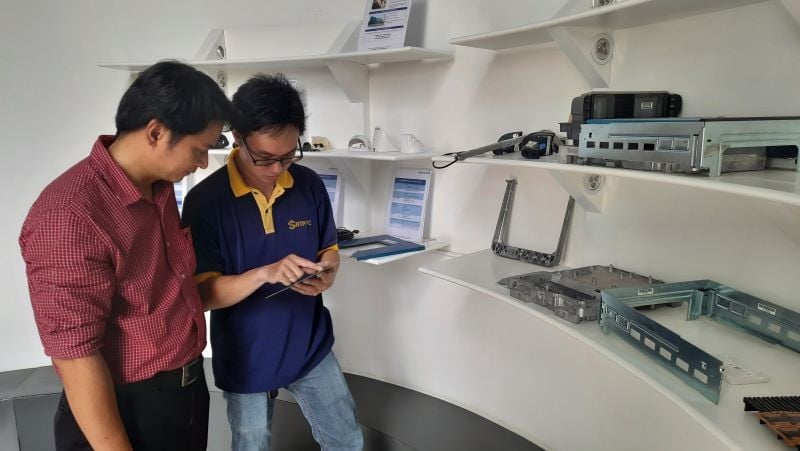
The above situation requires universities to have investment strategies and prepare all resources to train microchip human resources, supplying Ho Chi Minh City and the whole country.
Aiming at developing emerging training sectors, many universities in Ho Chi Minh City have been investing in facilities, equipment, and teams of experts and scientists to focus on promoting training programs for the semiconductor industry.
In particular, the University of Information Technology (Ho Chi Minh City National University) has participated in training in the major of microchip design very early (nearly 20 courses have been enrolled) in the field of Computer Engineering, especially the pilot class of microchip design in 2023.
Dr. Nguyen Tan Tran Minh Khang, Vice Principal of the University of Information Technology, said: The school has gradually affirmed its capacity and training quality and attracted excellent students with excellent entrance scores.
In addition to the advantages of a team of experienced lecturers and good quality of incoming students, the University of Information Technology has also been invested by Ho Chi Minh City National University in a training and research laboratory on microchip design oriented to System-on-Chip Design, and has been approved by the Government to develop a training and research laboratory on microchip design according to national standards.
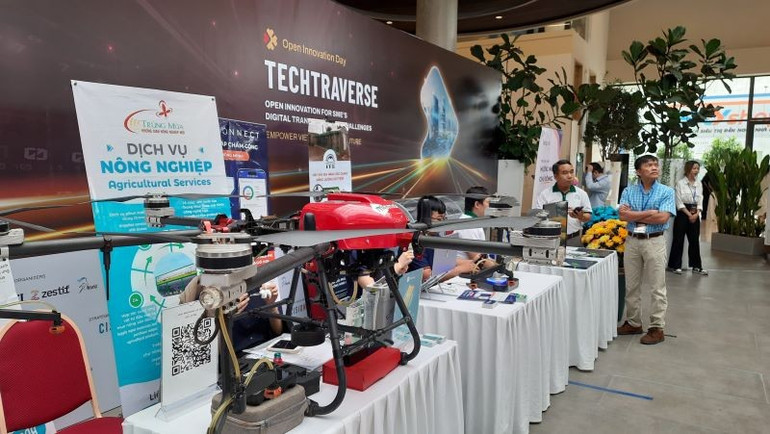
This investment will enable the University of Information Technology to equip itself with professional software, practice equipment, and measuring equipment to serve undergraduate and postgraduate training activities to meet the requirements of businesses.
Along with that, the school can attract good students and good graduate students to study, and at the same time attract lecturers and scientists with deep expertise in Microcircuit Design to participate in long-term teaching and research. However, Dr. Nguyen Tan Tran Minh Khang also frankly admitted that the school is also facing difficulties in training activities.
Specifically, it has not attracted many lecturers and experts to participate in teaching and research, and faces competition to attract human resources from businesses in the industry.
There are difficulties in implementing the construction of practice rooms and microchip design laboratories to meet practical requirements from businesses, as well as difficulties in accessing resources from scientific and technological topics from businesses and the State to train specialized human resources in the microchip design industry.
At the same time, there is a lack of mechanisms and policies to attract experts from businesses and abroad to participate in training and scientific research at the school.
Aiming to train human resources in microchip design according to international standards, Dr. Nguyen Tan Tran Minh Khang emphasized: The school has plans and solutions to increase the attraction of lecturers and experts in this field to participate in long-term training and research.
In particular, focusing on building and establishing a SoC (System-on-Chip) oriented microcircuit design laboratory; a digital microcircuit design practice room and developing human resources to participate in training and research.
Develop policies and create favorable mechanisms for lecturers, young scientists, and leading experts to work and conduct research at the school, as well as increase investment in specialized research laboratories from financial resources from government investment capital and from businesses...
Experts say that, with the urgent need to train high-quality human resources for the microchip industry, some universities are investing in new technologies and conducting training based on majors in electronics-telecommunications, computer engineering, etc.
The Faculty of Electronics and Telecommunications, University of Science (Ho Chi Minh City National University) is the core unit in building the school's microcircuit design training program.
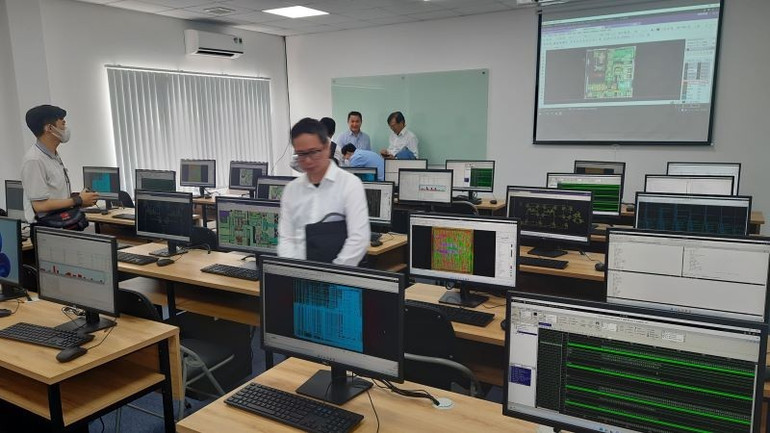
According to Associate Professor, Dr. Le Duc Cuong, Head of the Department of Electronics, Faculty of Electronics and Telecommunications, Head of the DESLab, to synchronize with the training program on microchip design, the Faculty of Electronics and Telecommunications has also built a Project on a Microchip Design Laboratory to serve the training and research of microchip design, with the investment of Ho Chi Minh City National University. By investing in facilities and building a training program, the school has been and is ready for the task of training human resources in microchip design.
According to the orientation of the Program to develop Ho Chi Minh City National University into a leading training, research, startup and innovation center in Asia in the field of semiconductor technology by 2030, with a vision to 2045, this unit will build a framework for advanced undergraduate and graduate training programs in Microchip Design, including training over 1,800 engineers and 500 masters.
In recent times, Ho Chi Minh City National University has been developing training and research programs in the field of Microchip Design to meet the rapidly increasing demand for high-quality human resources in this industry.
Specifically, focus on developing advanced training programs and enhancing training for engineers and masters; invest in building new and sharing specialized training and research laboratories; establish a Semiconductor Research Institute to attract expert and business resources.
Source: https://nhandan.vn/cap-bach-dao-tao-nguon-nhan-luc-thiet-ke-vi-mach-post918923.html



![[Photo] Prime Minister Pham Minh Chinh chaired a meeting to evaluate the operation of the two-level local government model.](https://vphoto.vietnam.vn/thumb/1200x675/vietnam/resource/IMAGE/2025/10/29/1761751710674_dsc-7999-jpg.webp)
![[Photo] Human love in the flood in Hue](https://vphoto.vietnam.vn/thumb/1200x675/vietnam/resource/IMAGE/2025/10/29/1761740905727_4125427122470875256-2-jpg.webp)
![[Photo] Prime Minister Pham Minh Chinh chaired a meeting to discuss solutions to overcome the consequences of floods in the central provinces.](https://vphoto.vietnam.vn/thumb/1200x675/vietnam/resource/IMAGE/2025/10/29/1761716305524_dsc-7735-jpg.webp)
![[Photo] Hue: Inside the kitchen that donates thousands of meals a day to people in flooded areas](https://vphoto.vietnam.vn/thumb/1200x675/vietnam/resource/IMAGE/2025/10/29/1761738508516_bepcomhue-jpg.webp)


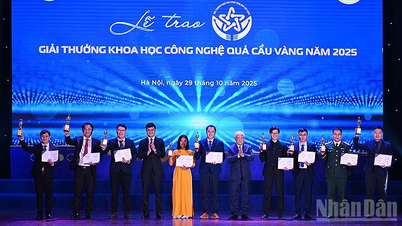
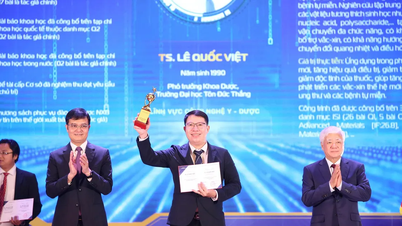










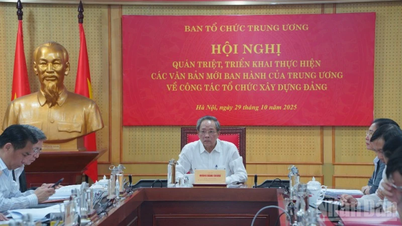
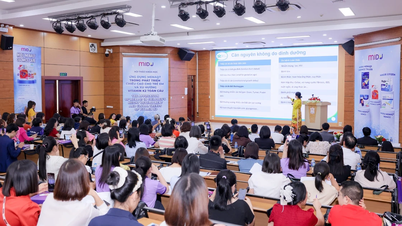
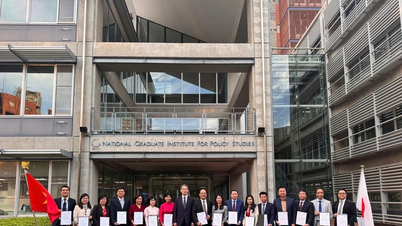
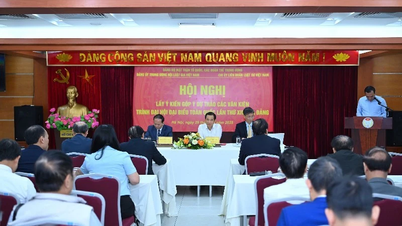
![[Photo] Prime Minister Pham Minh Chinh chaired a meeting to evaluate the operation of the two-level local government model.](https://vphoto.vietnam.vn/thumb/402x226/vietnam/resource/IMAGE/2025/10/29/1761751710674_dsc-7999-jpg.webp)








































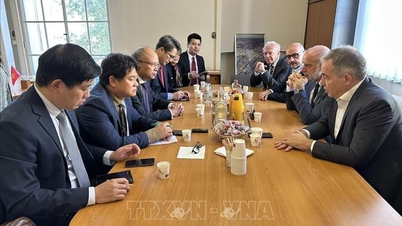





![[Live] Concert Ha Long 2025: "Heritage Spirit - Brightening the Future"](https://vphoto.vietnam.vn/thumb/402x226/vietnam/resource/IMAGE/2025/10/29/1761743605124_g-anh-sang-am-thanh-hoanh-trang-cua-chuong-trinh-mang-den-trai-nghiem-dang-nho-cho-du-khach-22450328-17617424836781829598445-93-0-733-1024-crop-1761742492749383512980.jpeg)





























Comment (0)